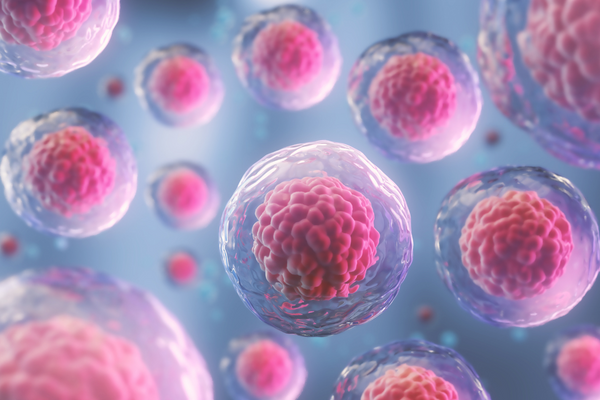Tel Aviv University researchers say the robot, the size of a single cell, can navigate in a biological sample and transport dying cells for further analysis.
By Yulia Karra, ISRAEL21c
Israeli scientists have developed a hybrid micro robot that can distinguish among different types of biological cells and extract damaged cells for examination.
Tel Aviv University researchers say the robot, the size of a single cell, can be controlled and navigated in a biological sample, where it can seize and transport the desired cells for further study without the need of an external medical tool.
The technology was developed by Prof. Gilad Yossifon from the School of Mechanical Engineering and Department of Biomedical Engineering at Tel Aviv University and his team, in collaboration with scientists from the Technion-Israel Institute of Technology.
The scientists are hoping the development will advance the “single cell analysis” research field, as well as make its way into areas of medical diagnosis, drug screening, surgery and environmental protection.
Yossifon says the development was inspired by “biological micro-swimmers” such as bacteria and sperm cells. “This is an innovative area of research that is developing rapidly, with a wide variety of uses in fields such as medicine and the environment, as well as a research tool,” he says.
“The micro-robots that have operated until now based on an electrical guiding mechanism were not effective in certain environments characterized by relatively high electrical conductivity, such as a physiological environment, where the electric drive is less effective,” he said.
“This is where the complementary magnetic mechanism comes into play, which is very effective regardless of the electrical conductivity of the environment.”
